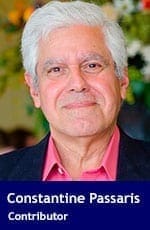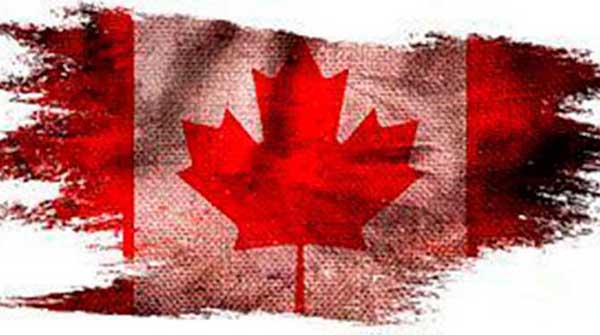 It is time for Canada to reclaim its place as major international player.
It is time for Canada to reclaim its place as major international player.
Until the last decade, Canada always had a unique and prominent status on the international landscape. Regrettably, the former government lost its compass on the world stage. But we have the tools and the track record to navigate a new geopolitical order in a purposeful and constructive manner.
Prime Minister Justin Trudeau appears to have come to the same conclusion. During the first few months of his mandate, he has grasped every opportunity to re-introduce Canada to the world in the context of its historic values and international vision.
Canada has a long and distinguished history as a respected middle power. The nation also has an impeccable pedigree in global affairs.
Our experiences as a colony of France and of Britain contributed to our savoir faire on global issues. Colonial rule also gave us a special diplomatic currency with other nations. Those collective experiences should allow Canada to serve as an honest broker and peacemaker in international disputes, filling a void as a neutral arbitrator in conflicts between superpowers and the developing world.
Canada has always had an iconic image on the global stage. It is reflected in our core values, our humanitarian outreach and our diplomatic integrity. When Canada speaks on the world stage, other countries listen. Our international outreach is respected and admired. We are seen as a credible spokesperson on the hot-button geopolitical issues. And we earned that reputation by being an honest broker, fair and neutral on international conflicts.
In particular, our diplomatic hand was strengthened by the fact that we did not fit into any political blocks or international factions.
Canada’s foreign policy tool kit has included the exercise of both hard and soft power.
Our hard power was put to the test alongside our allies during the First and Second World Wars, as well as the Korean War.
The exercise of Canada’s soft power has been particularly effective and results-oriented. For example, Lester B. Pearson, who would later become prime minister, was awarded the Nobel Peace Prize for his peacekeeping efforts in the Middle East and helping to defuse the Suez Crisis in 1956.
Canada’s values of compassion and humanitarianism meant we opened our arms to tens of thousands of “boat people” from Vietnam in 1979-80. The nation also provided relief to the victims of drought and famine in Ethiopia in 1984-85. The recent arrival of Syrian refugees continues the tradition.
In 1986, the United Nations High Commissioner for Refugees conferred the Nansen Refugee Award to the people of Canada, in recognition of the essential and constant contribution to the cause of refugees here and around the world. Canada was cited as a leading contributor to international humanitarian and refugee aid programs, with one of the best records for the resettlement of refugees.
Canada’s stellar reputation on the world stage has been also been aided by people like John Peters Humphrey of Hampton, N.B. The professor of law at McGill University was asked by Eleanor Roosevelt to write the first draft of the Universal Declaration of Human Rights, which was adopted by the United Nations on Dec. 10, 1948.
Canada also played a pivotal role in dismantling apartheid in South Africa. And more recently, Canada was instrumental in establishing the International Criminal Court, the treaty to ban anti-personnel land mines and the United Nations Responsibility to Protect initiative.
At the end of the day, Canada’s foreign policy is a reflection of the nation’s people and our values. It mirrors our respect for multiculturalism and diversity. It underlines our keen sense of individual and collective human rights. It trumpets our constructive engagement in global affairs. And it underscores the ideas that empower modern Canada’s civil society.
Those are the values that will help us reclaim our place on the world stage.
Dr. Constantine Passaris is a professor of economics at the University of New Brunswick and a national research affiliate of the Prentice Institute for Global Economy and Population at the University of Lethbridge.
Constantine is a Troy Media contributor. Why aren’t you?
The views, opinions and positions expressed by columnists and contributors are the author’s alone. They do not inherently or expressly reflect the views, opinions and/or positions of our publication.


